On Feb. 10, 1780, Paul Cuffee and other free African Americans petitioned the Massachusetts government to either give African and Native Americans the right to vote or to stop taxing them.
The petition was denied, but the case helped pave the way for the 1783 Massachusetts Constitution that gave equal rights and privileges to all male citizens of the state. Here is an excerpt from the transcript of the petition submitted to the Massachusetts legislature:
To the Honorable Council and House of Representatives, in General Court assembled, for the State of the Massachusetts Bay, in New England:
The petition of several poor negroes and mulattoes, who are inhabitants of the town of Dartmouth, humbly showeth, —
That we being chiefly of the African extract, and by reason of long bondage and hard slavery, we have been deprived of enjoying the profits of our labor or the advantage of inheriting estates from our parents, as our neighbors the white people do, having some of us not long enjoyed our own freedom; yet of late, contrary to the invariable custom and practice of the country, we have been, and now are, taxed both in our polls and that small pittance of estate which, through much hard labor and industry, we have got together to sustain ourselves and families withall. . . .
This description is from infoplease.com where more of the petition can be read.
Teach about the people’s history of the abolition movement with the lesson, “‘If There Is No Struggle…’: Teaching a People’s History of the Abolition Movement.” Find resources below to teach about the long and ongoing struggle for voting rights and also fight for reparations.

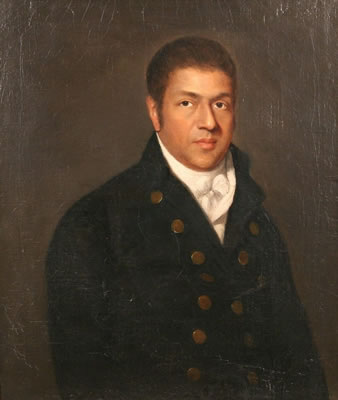
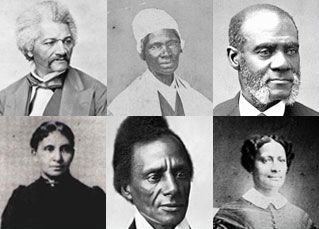
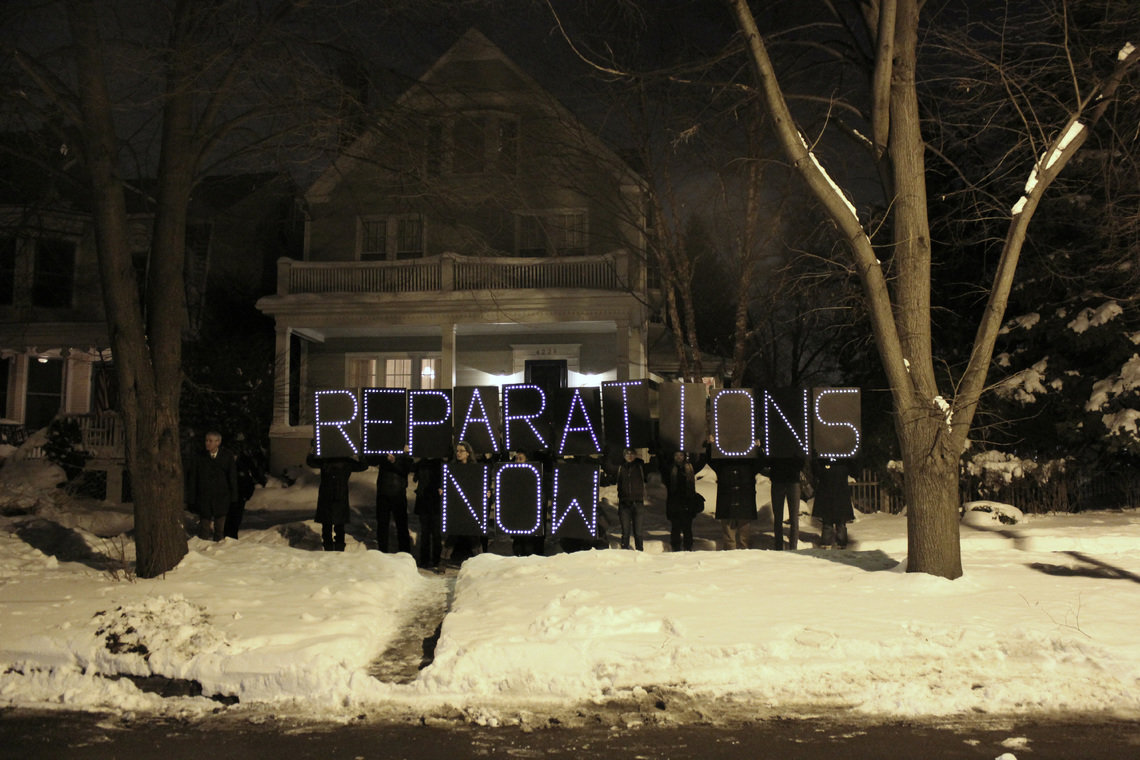
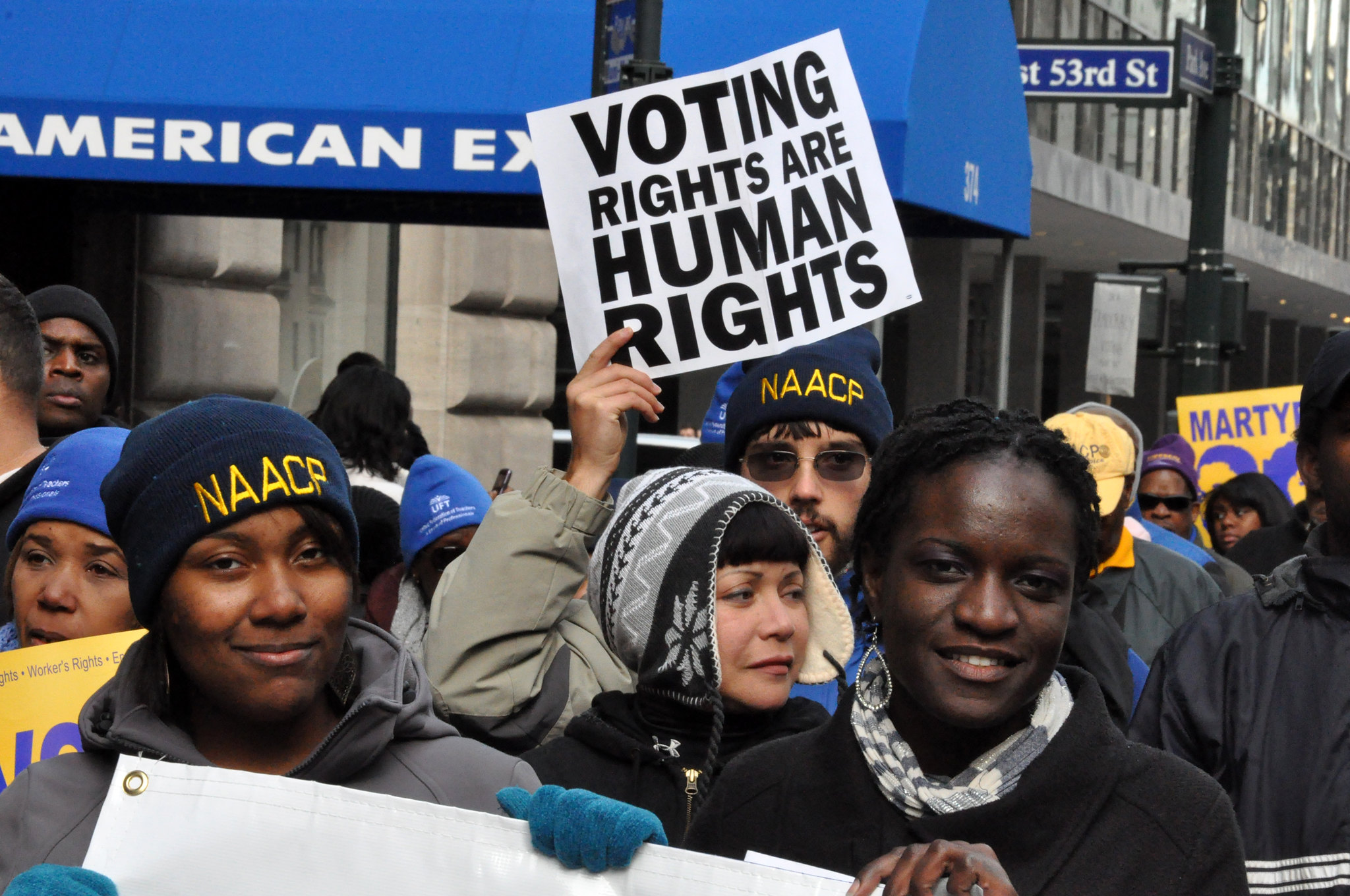
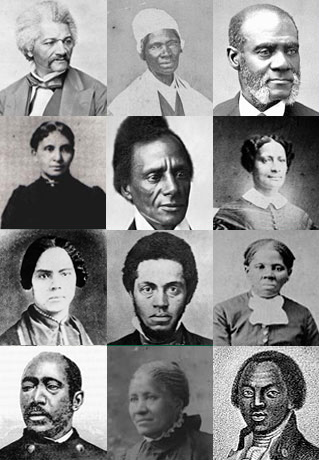
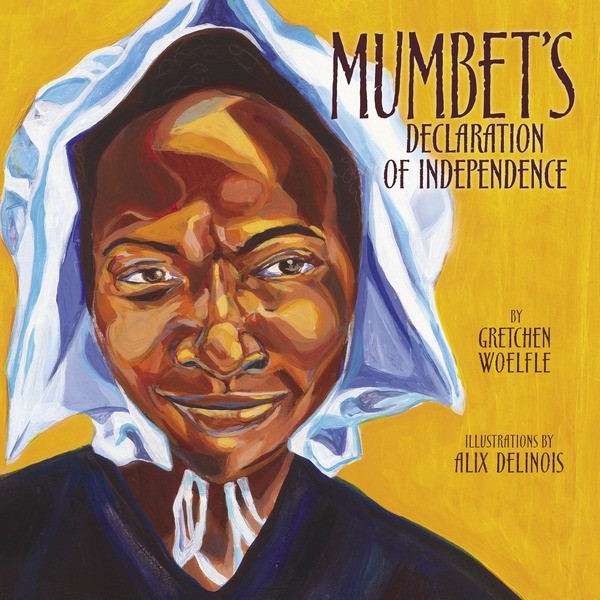
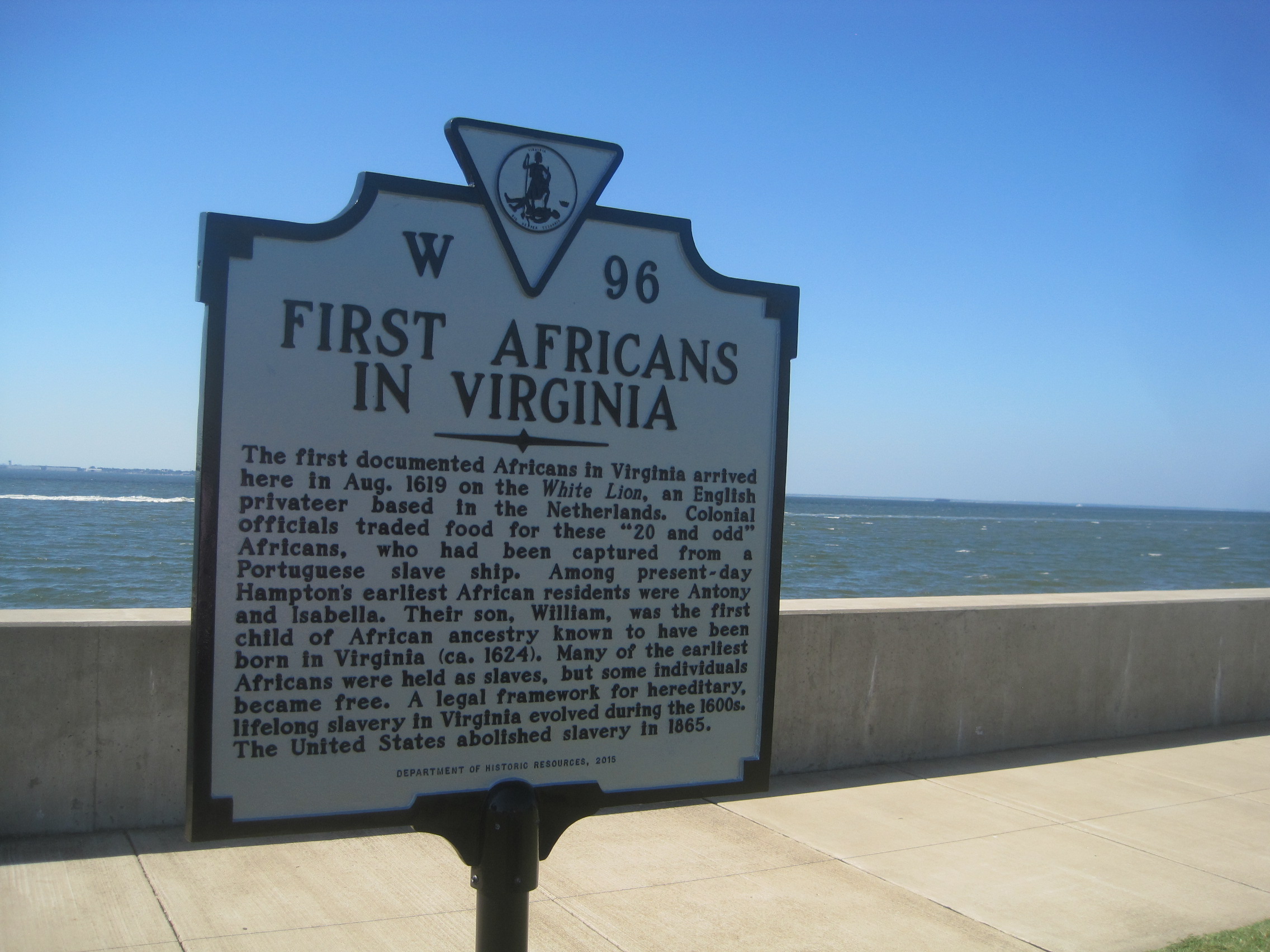

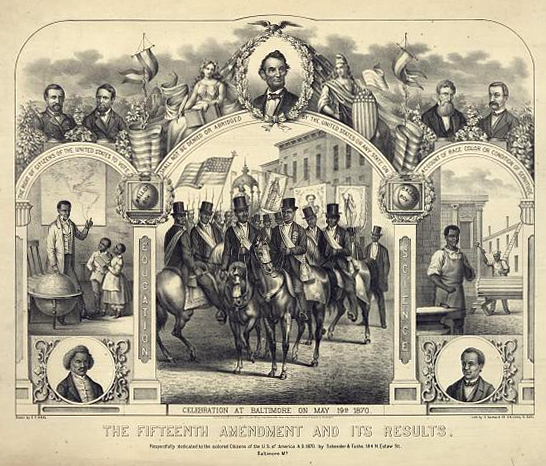
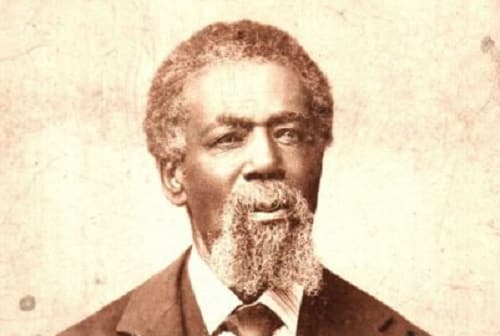





Twitter
Google plus
LinkedIn